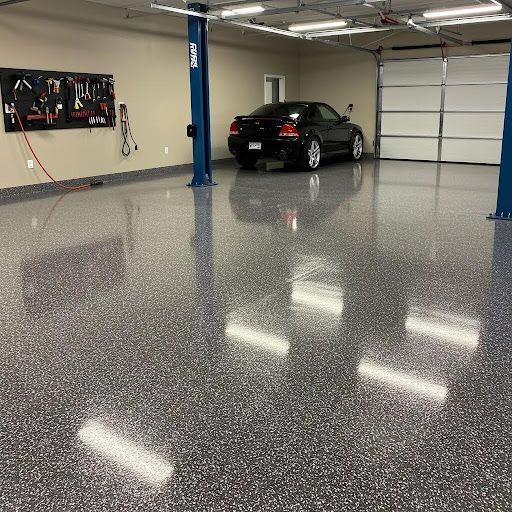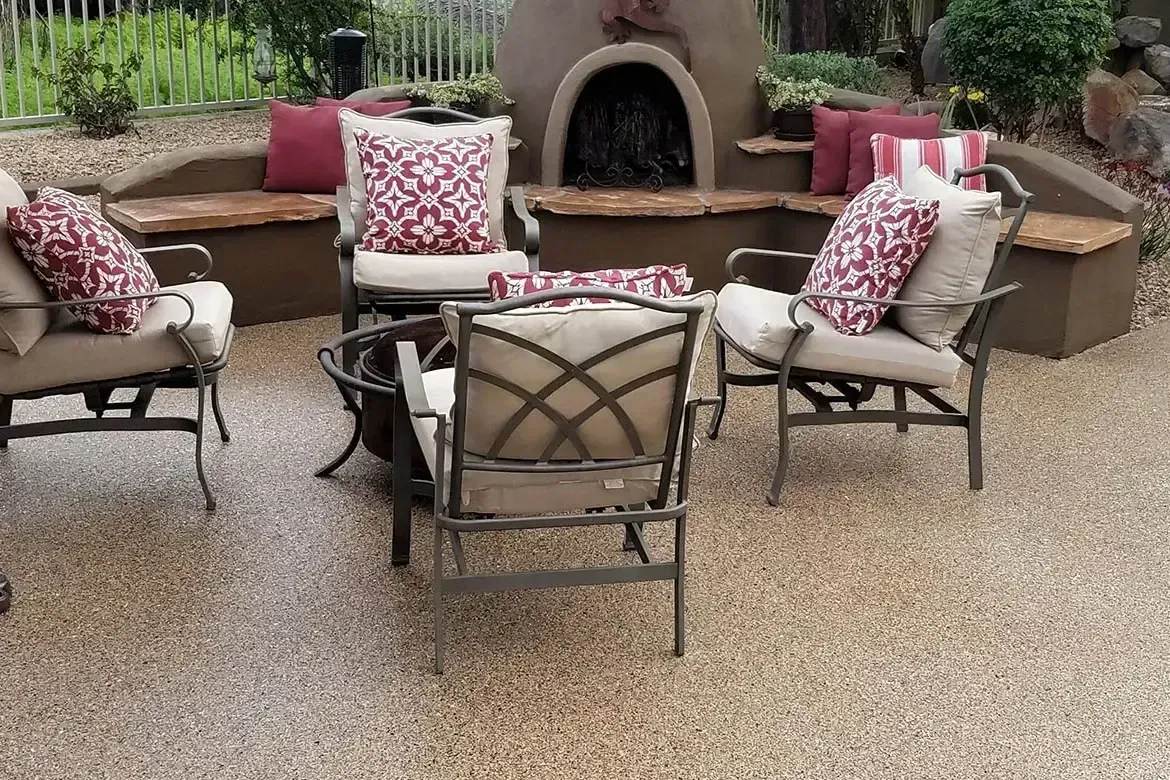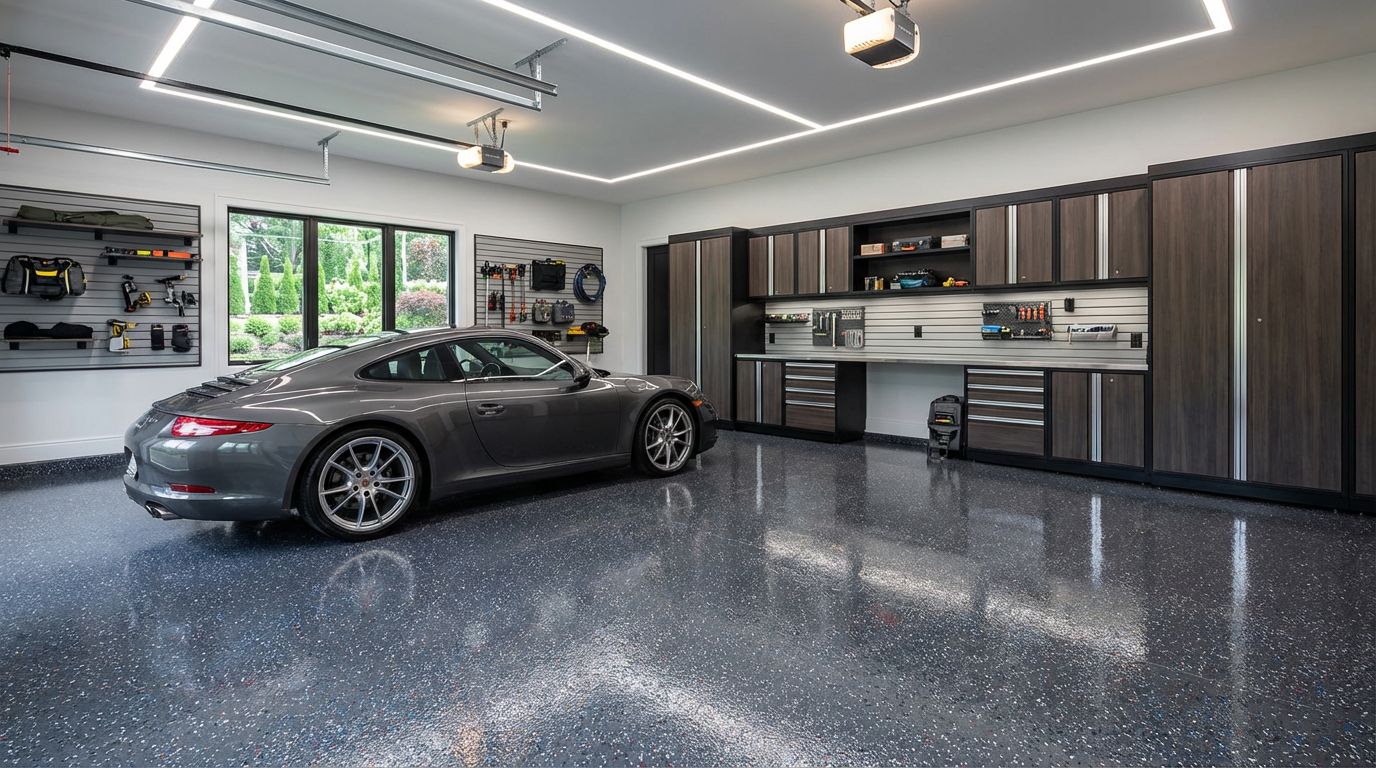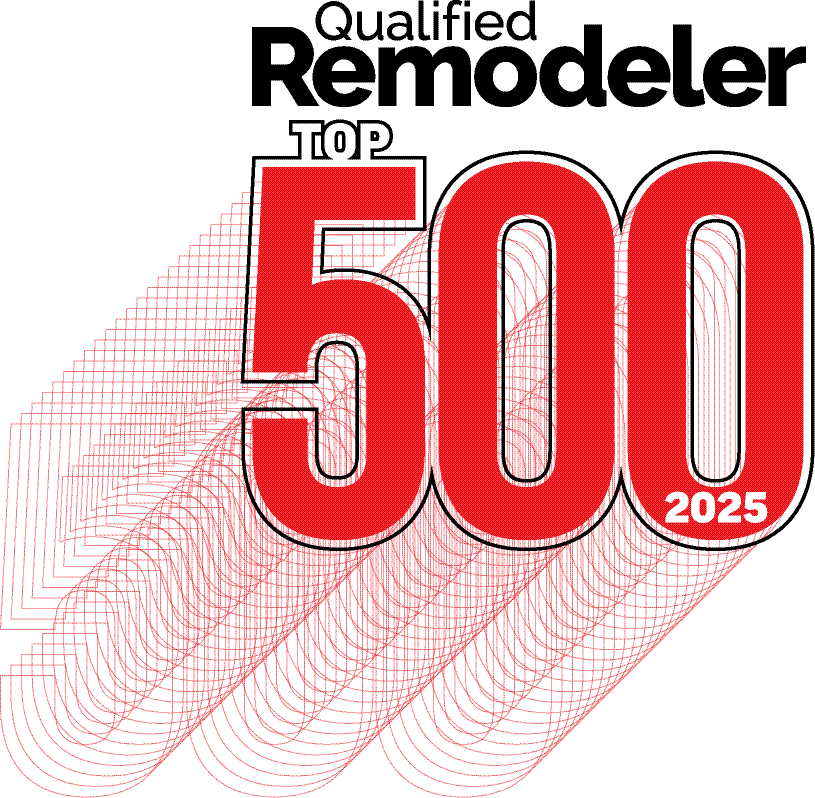How Much is Polyaspartic Floor Coating? A Complete Pricing Guide
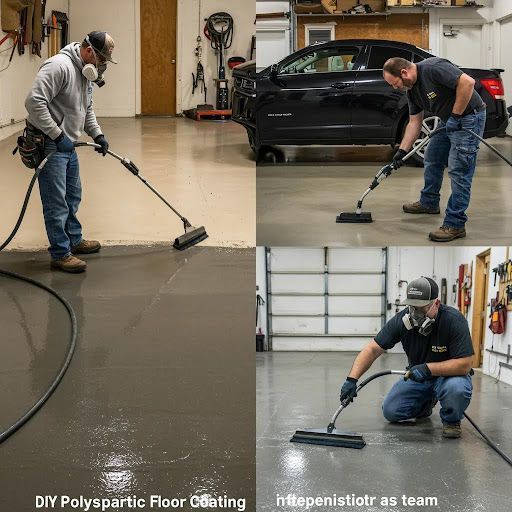
DIY reduces upfront labor costs but carries risks due to precise prep, mixing, and rapid cure. Professionals like GatorGuard offer warranties and quality control, completing projects faster with guarantees. DIY requires tool rental/purchase and time; errors often lead to costly reinstallation. The rapid cure time of polyaspartic is a double-edged sword for DIYers; while it means quick return-to-service, it also demands expert speed and precision during application. Mistakes like improper surface profiling, incorrect mixing ratios, or missing the short pot life window can lead to adhesion failures, uneven finishes, or delamination, often requiring complete removal and reapplication, which negates any initial cost savings.
DIY trade-offs include:
- Cost savings: Saves on labor, but materials and tool rental/purchase are still needed.
- Skill requirement: Proper substrate profiling and timing are essential to avoid failures.
- Time investment: Fast cure windows demand journeyman-level speed.
Maintenance and Longevity of Polyaspartic Coatings
One of the significant advantages of polyaspartic coatings is their low maintenance and exceptional longevity. Unlike some other flooring options that require frequent waxing, sealing, or touch-ups, a polyaspartic floor typically only needs routine cleaning with mild detergents and water. Its non-porous surface resists stains from oil, chemicals, and other common garage spills, making cleanup effortless. The superior UV stability ensures the color remains vibrant and doesn't yellow over time, preserving the aesthetic appeal for decades. With proper care, a professionally installed polyaspartic floor can easily last 10-20 years or more, significantly outperforming many alternatives and reinforcing its value as a long-term investment.
Polyaspartic Value vs. Epoxy
Polyaspartic often justifies higher upfront cost over epoxy through longer life, superior UV resistance, and faster return-to-service, leading to lower annualized cost. Lifecycle cost frequently shows polyaspartic as more cost-effective than cheaper epoxy needing frequent touch-ups.
Cost and performance comparison:
- Epoxy: Initial Cost: Low–Medium | Lifespan: 5–10 years | Cure: Hours to days | UV Resistance: Poor
- Polyaspartic: Initial Cost: Medium–High | Lifespan: 10–20 years | Cure: Minutes to hours | UV Resistance: Good
- Polyurea: Initial Cost: High | Lifespan: 10–20+ years | Cure: Seconds to minutes | UV Resistance: Excellent
Final Thoughts
Polyaspartic & epoxy blend floor coating offers a durable, aesthetically pleasing, and long-lasting solution. While initial costs may be higher, its superior performance, UV stability, and reduced maintenance often translate to a lower lifecycle cost. Careful budgeting and professional installation are crucial for maximizing your investment. Considering the long-term benefits of durability, ease of maintenance, and aesthetic retention, polyaspartic-epoxy blend floors stand out as a premium choice that delivers exceptional value over their lifespan. It's an investment that protects your concrete, enhances your space, and minimizes future expenses.
Ready to Transform Your Floors?
Get a personalized quote from local polyaspartic & epoxy flooring experts today!
Polyaspartic floor coating, a fast-curing, UV-stable resin, protects concrete surfaces. In 2025, professional installation typically ranges from $5 to $24 per square foot. A 2-car garage project often costs $3,000 to $7,500. This guide details cost drivers, pricing, and value comparisons.
Polyaspartic vs. Epoxy & Polyurea Floor Coatings
Polyaspartic costs more than basic epoxy but less than polyurea. Epoxy is cheaper but lacks UV stability, increasing long-term maintenance. Polyurea cures fastest and is often the most expensive. Polyaspartic balances UV resistance, color retention, and quick return-to-service. This balance makes it an ideal choice for homeowners and businesses seeking a high-performance coating that won't yellow or fade under sunlight, a common issue with traditional epoxy. Its rapid cure time also means less disruption, allowing for vehicle or foot traffic much sooner than other systems, which is a significant advantage for busy environments.
2025 Average Price Per Square Foot
Professional installation in 2025 typically costs $5–$24 per square foot for residential and light-commercial systems. This includes materials, standard prep, and basic decorative flakes. Extensive repairs or moisture mitigation are extra. Always request an itemized quote.
Cost Influencing Factors
Key factors impacting cost:
- Floor size: Larger areas can reduce per-square-foot price but increase total material costs. Contractors often offer volume discounts on materials and labor for bigger projects, but the overall material quantity naturally drives up the final price.
- Surface preparation: Grinding, crack repair, and moisture mitigation significantly add to the cost. This can involve diamond grinding to achieve the optimal concrete profile, extensive patching of spalling or deep cracks, and specialized moisture vapor barrier applications if the concrete has high moisture content. Proper preparation is non-negotiable for a durable coating, and neglecting it can lead to premature failure.
- Material quality/customization: Decorative flakes, metallic finishes, and premium resins increase price. The choice of flake size, color blend, or the addition of metallic pigments can transform a basic floor into a custom aesthetic statement, but these specialized materials and the additional labor for their precise application will elevate the total investment.
- Labor & location: Regional labor rates and contractor expertise directly influence total cost. Highly experienced and certified installers, particularly those specializing in polyaspartic systems, command higher rates due to their skill and the precision required for these fast-curing materials. Geographic location also plays a role, with urban areas typically having higher labor costs than rural ones.
These factors most often increase a quote.

